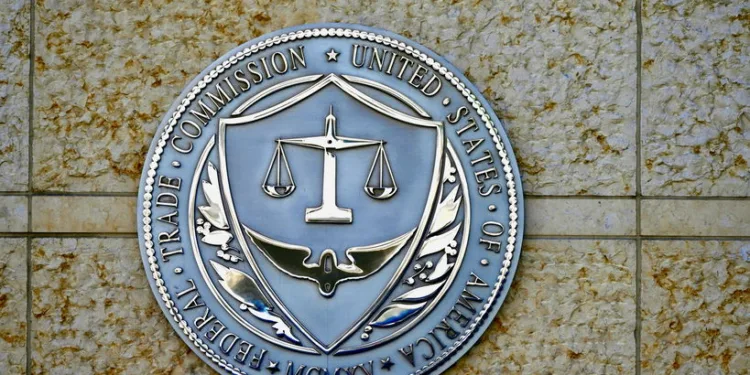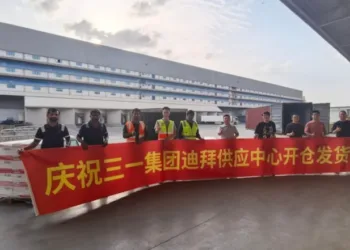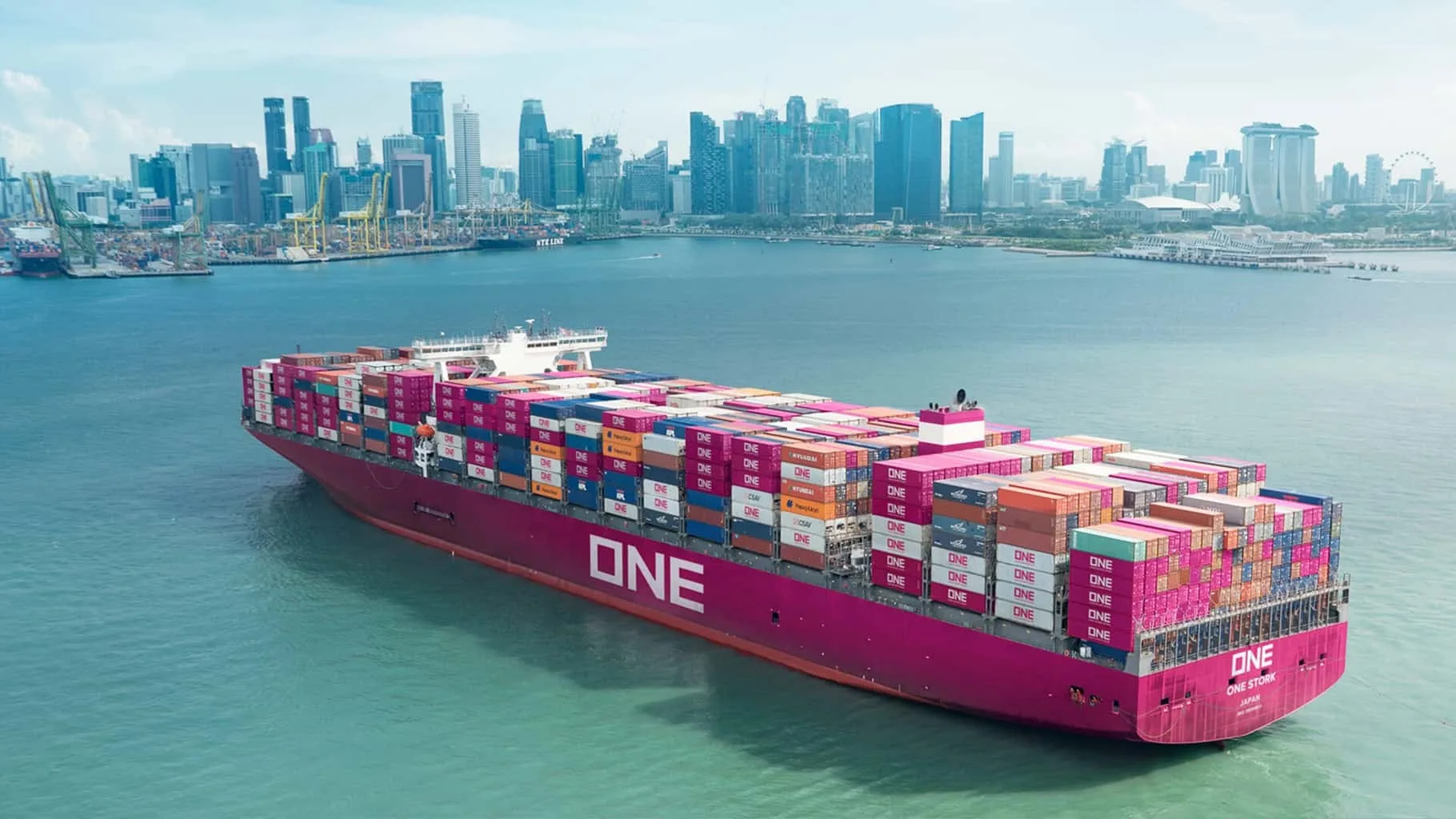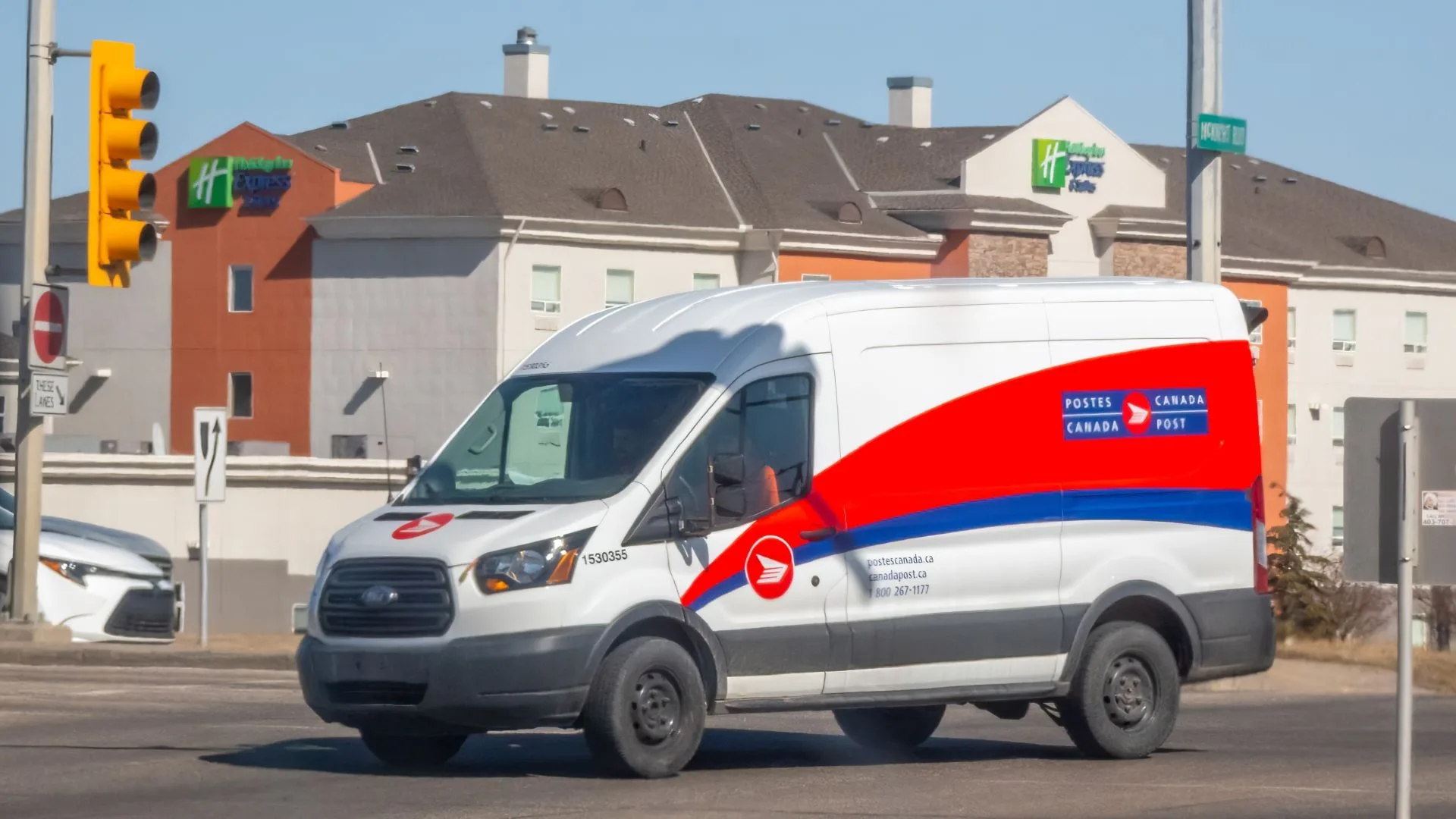The four truck manufacturers who earlier this week sued to invalidate the Clean Truck Partnership (CTP) they signed with California two years ago have now agreed with the Federal Trade Commission to not take any steps to comply with the deal that sought to push truck fleets toward a zero emission vehicle future in California and other states that had agreed to follow its lead.
In return, the FTC has agreed to close an investigation into possible antitrust concerns with the CTP.
And in another victory for the forces that were fighting California’s Advanced Clean Trucks (ACT) rule and the CTP that was built in part on the provisions of the ACT, the truck manufacturers also agreed to a settlement ending a lawsuit by several states against the CTP, led by the attorney general of Nebraska. That deal was announced earlier this week.
The developments add up to a triumvirate of actions just this week that are seeking to vanquish the dying embers of the ACT: the lawsuit against the California Air Resources Board, saying federal action to invalidate the ACT has left the manufacturers in an “impossible position”; the settlement with Nebraska; and the FTC announcement and accompanying letters from the truck manufacturers, promising they will stay out of deals like the CTP.
The four truck manufacturers are International Motors, Daimler Truck, PACCAR (NASDAQ: PCAR) and Volvo North America. They had agreed to the CTP in 2023, a pact that had two key features: an agreement by the manufacturers that they would not challenge the ACT, and that California’s Omnibus NOx rule, which seeks to lower emissions of nitrogen oxide, would be brought in line with the more lenient federal standard.
But with Congressional action that eliminated the waiver allowing California’s ACT and NOx rules to proceed, the basis for the CTP was largely gone. (California is challenging the process that ended those waivers.)
The FTC said in a prepared statement released Tuesday that it had “(resolved) antitrust concerns” about the CTP.
Similar letters sent
But as part of the statement, the FTC also included letters from the four companies that sued California over the CTP earlier this week. The four letters were largely verbatim, which we resulted in a consistent message: we won’t do that again.
All the letters were sent to Andrew Ferguson, chairman of the Federal Trade Commission.
All four letters open by saying that the companies “understand that the FTC has decided to close the…investigation into whether (the companies) violated…the FTC Act by signing the Clean Truck Partnership with the California Air Resources Board, as did several other heavy and medium duty truck manufacturers.”
The CTP, according to the letters, gave the OEMs “relief (that) allowed Volvo to continue delivering high-quality products to its dealers and customers. In exchange, CARB sought to require manufacturer compliance with California’s ACT and Omnibus regulation, should California’s waivers of authority be invalidated through litigation.”
The companies said they believed those negotiations and the agreement were permitted under various antitrust doctrines.
What they agreed to do…and not to do
The companies, in their respective letters, then made several affirmations. The first is that he CTP was “rendered unenforceable” through the actions of Congress and subsequent Presidential approval through the Congressional Review Act; that the Presidential approval of the Congressional actions “did not trigger any obligations”; and that the companies will not try to enforce the CTP against any other companies that signed the deal.
They also affirmed that the manufacturers would “independently make decisions about the type and quantity of vehicles it sells without regard to whether those decisions are compliant with any restrictive terms of the CTP.” The companies also said they would not enter into any similar deals with any states.
The letters were all signed by various governmental relations and compliance executives at the companies.
Although the main impact from the FTC deal is the promise not to engage with California or any other state on a similar type of agreement, the FTC in its prepared statement mostly suggested what had occurred had to do more with market concentration, which always has been the remit of the agency.
“The antitrust concerns are obvious: a group of competitors controlling essentially all of a market contemporaneously signed a self-styled ‘Agreement’ under the auspices of government that contains caps on the sales of certain products in that market and collectively adopted emissions limits that, in practice, would similarly limit production,” the FTC said. “Our antitrust laws take the dimmest possible view of agreements among competitors to restrict output or otherwise to cease competing.”
End of the Nebraska lawsuit
In the Nebraska lawsuit, filed in the district court for Lincoln County, Nebraska Attorney General Mike Hilgers said the plaintiffs and the defendants–the four truck manufacturers as well as the Truck & Engine Manufacturers Association–had agreed to a joint dismissal of the action. Hilgers, in a prepared statement, said the truck companies in the settlement declared the CTP as “void.”
Next industry target: the federal NOx rule
With the NOx rule a core part of the CTP, and the NOx rule’s waiver that allowed it to proceed also revoked through Congressional action along with the ACT, it raises a new question: will the federal rule be altered?
With the American Trucking Associations leading the charge, the effort to change the rule appears to have begun Wednesday with a letter sent by ATA to Lee Zeldin, Environmental Protection Agency administrator, seeking an easing of the NOx rule.
The rule with its tighter emission standards for nitrogen oxide, is to go in to effect in 2027. But the ATA-led effort is asking that it be rolled back to 2031.
The NOx rule received a waiver from the EPA late last year. But that waiver was overridden by the same Congressional action that targeted the ACT.
The letter, signed by the ATA, various state affiliates of the ATA and other organizations such as the Truckload Carriers Association, also asks for a broader review of NOx emission standards.
That review, the letter said, would focus on a wide range of rules, including warranty obligations and requirements regarding the useful life of an engine. But the review would need to be done by the end of next year, the letter said, for the rulemaking process to be complete in time for planning the 2031 model year vehicles.
More articles by John Kingston
TQL takes its loss in a broker liability case to the Supreme Court
In brief comments, Trimble CEO introduces new product for matching capacity with shippers
Truck sales in the second quarter might have been the worst performing metric of all
The post Clean Truck Partnership takes another blow with FTC deal, in wild week for the beleaguered pact appeared first on FreightWaves.





















